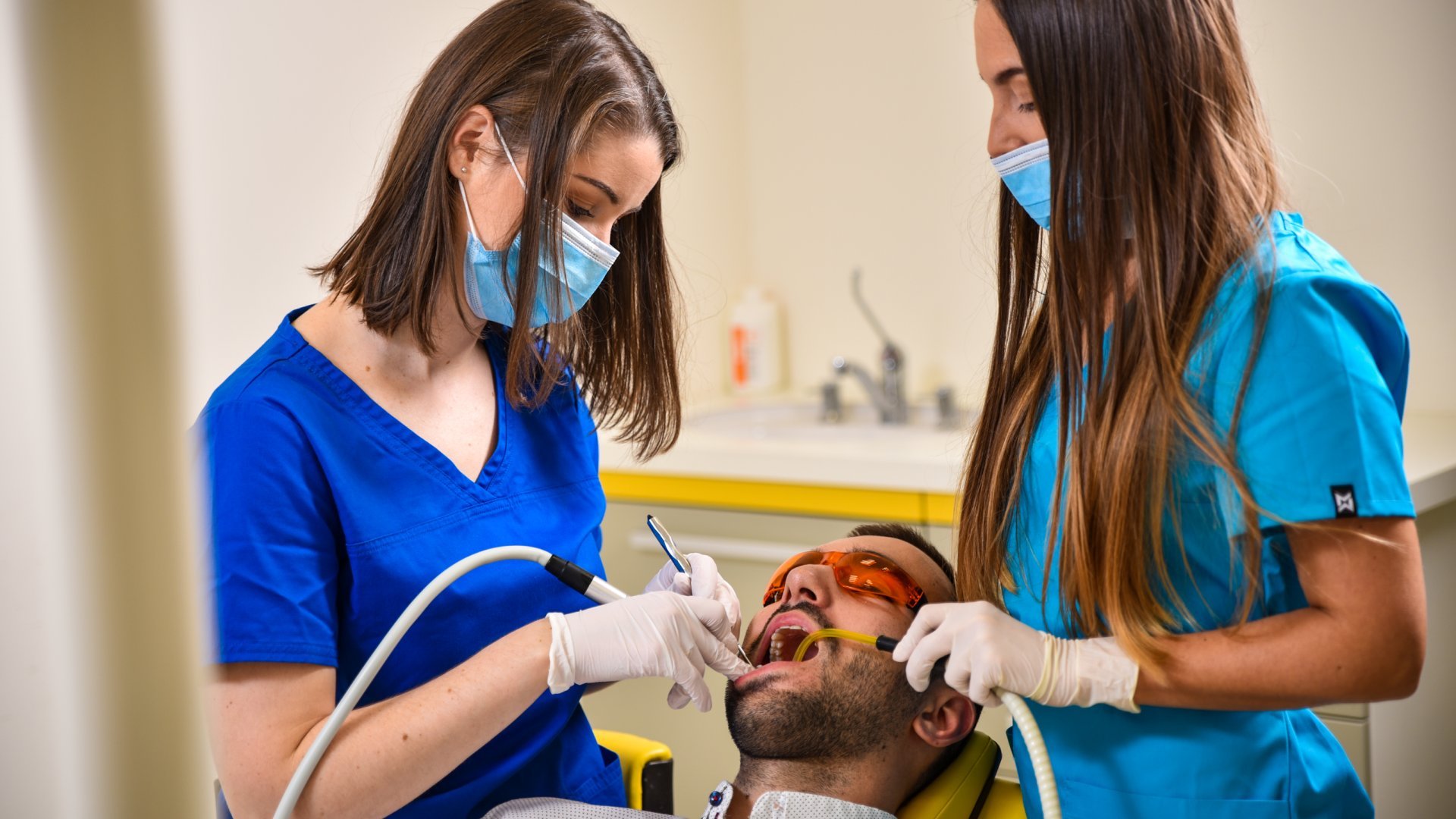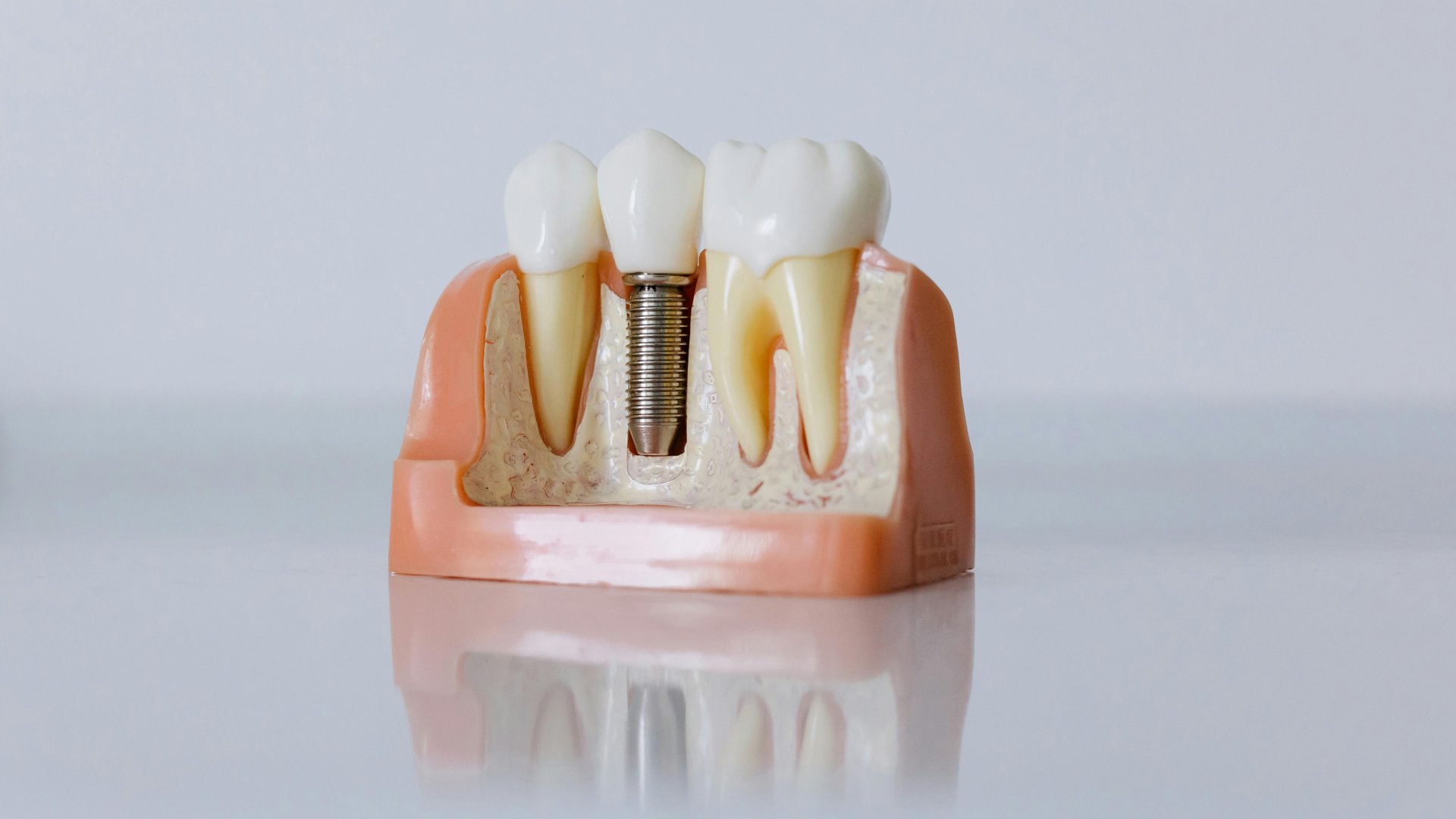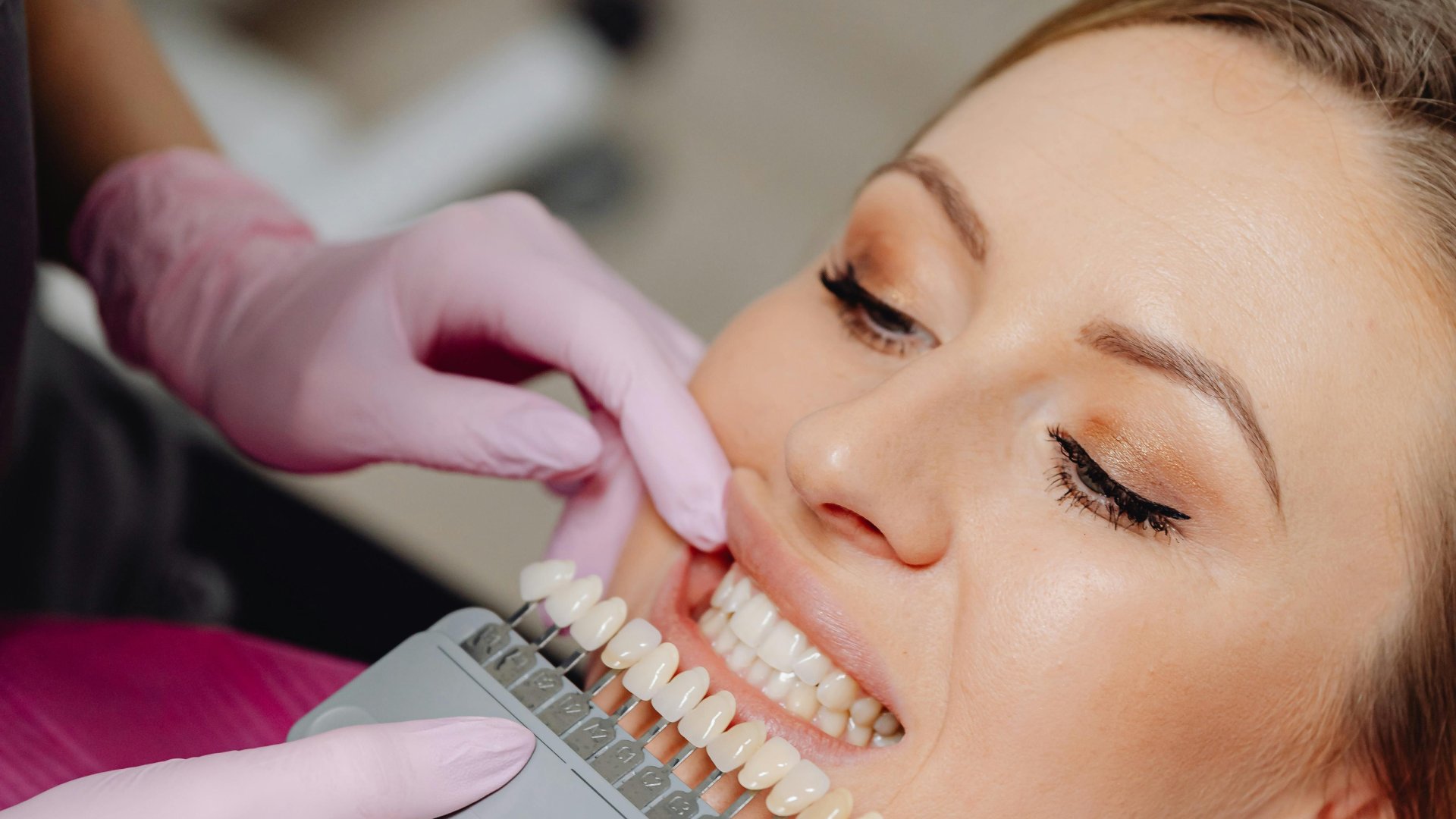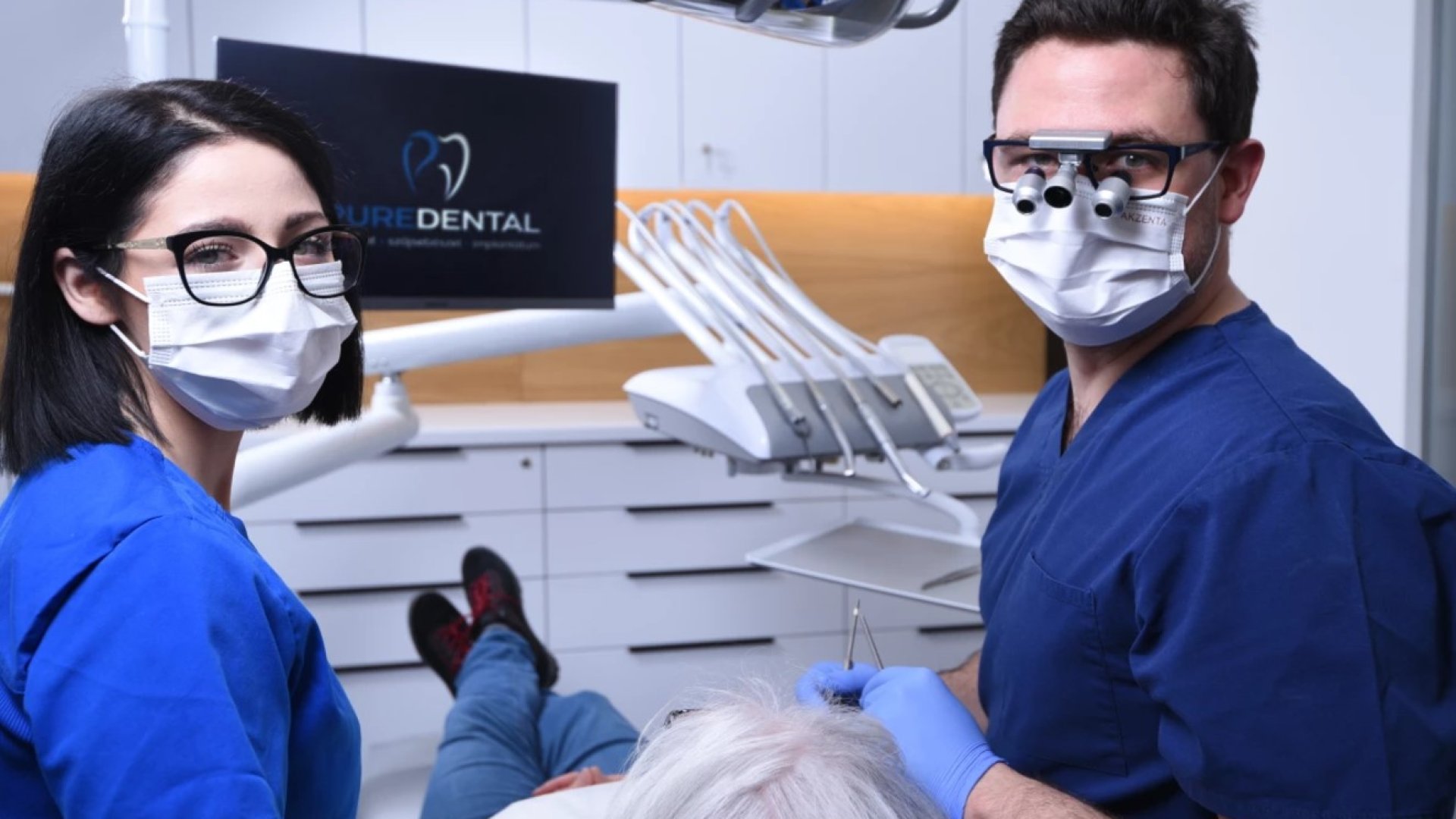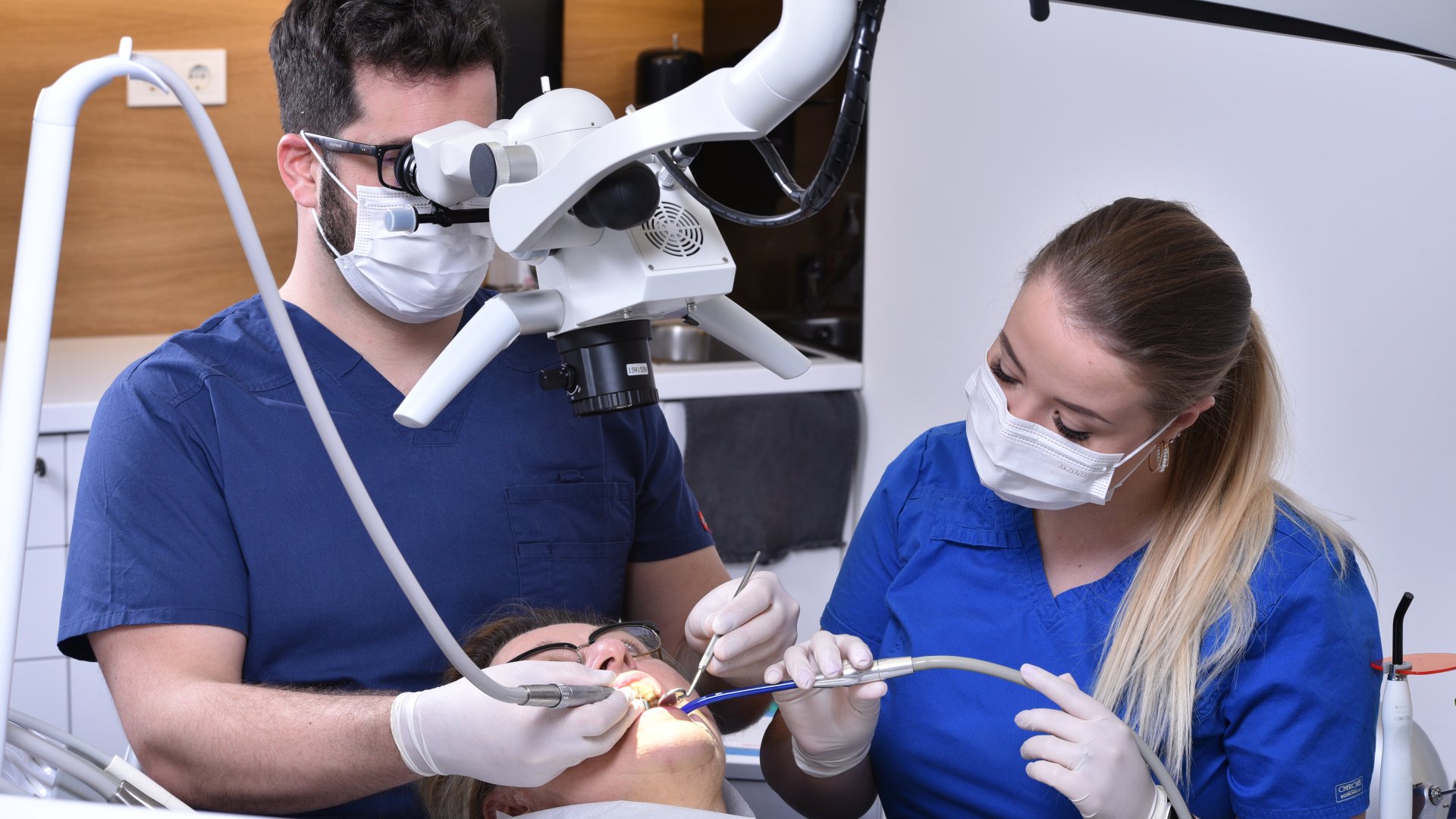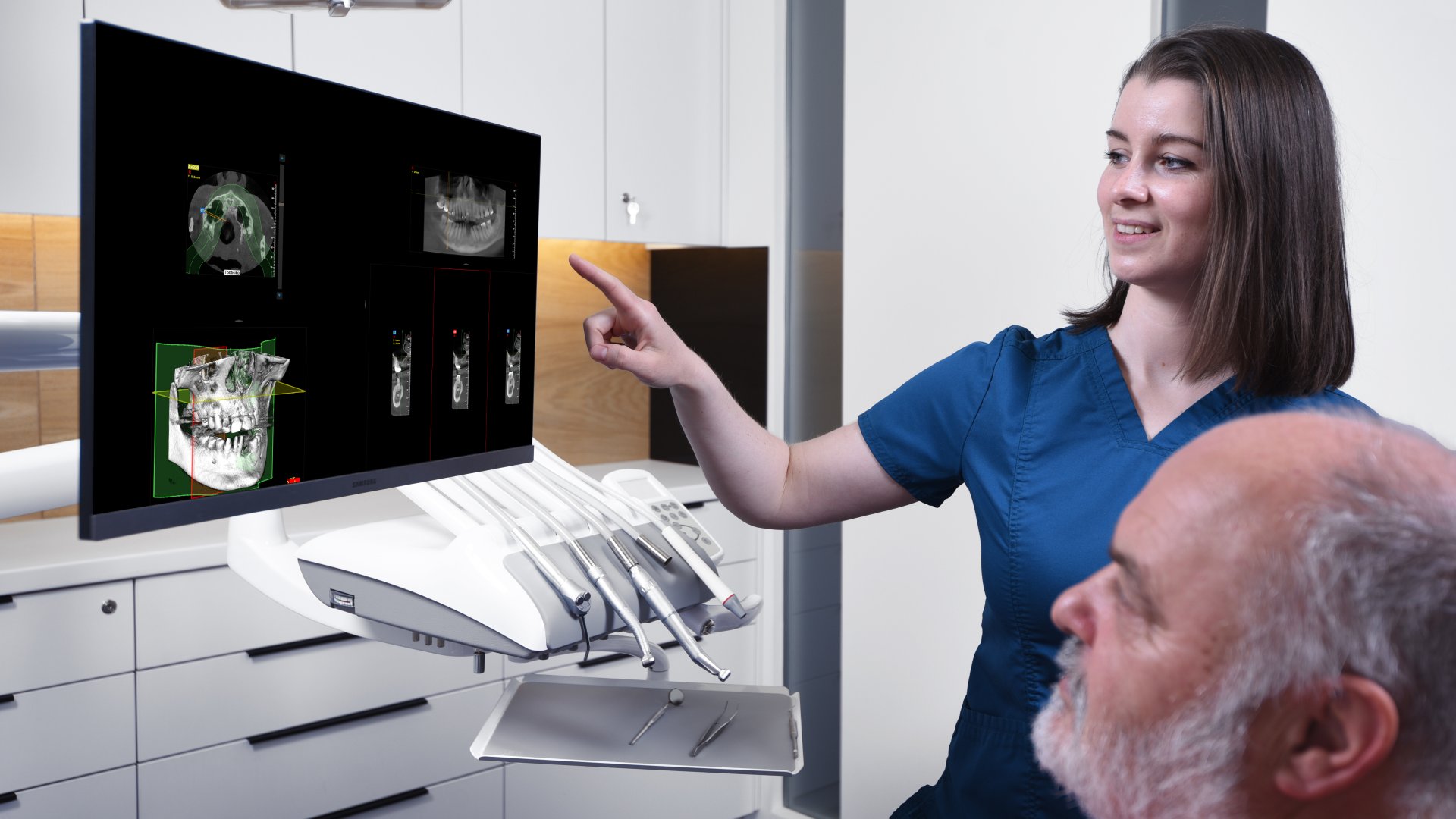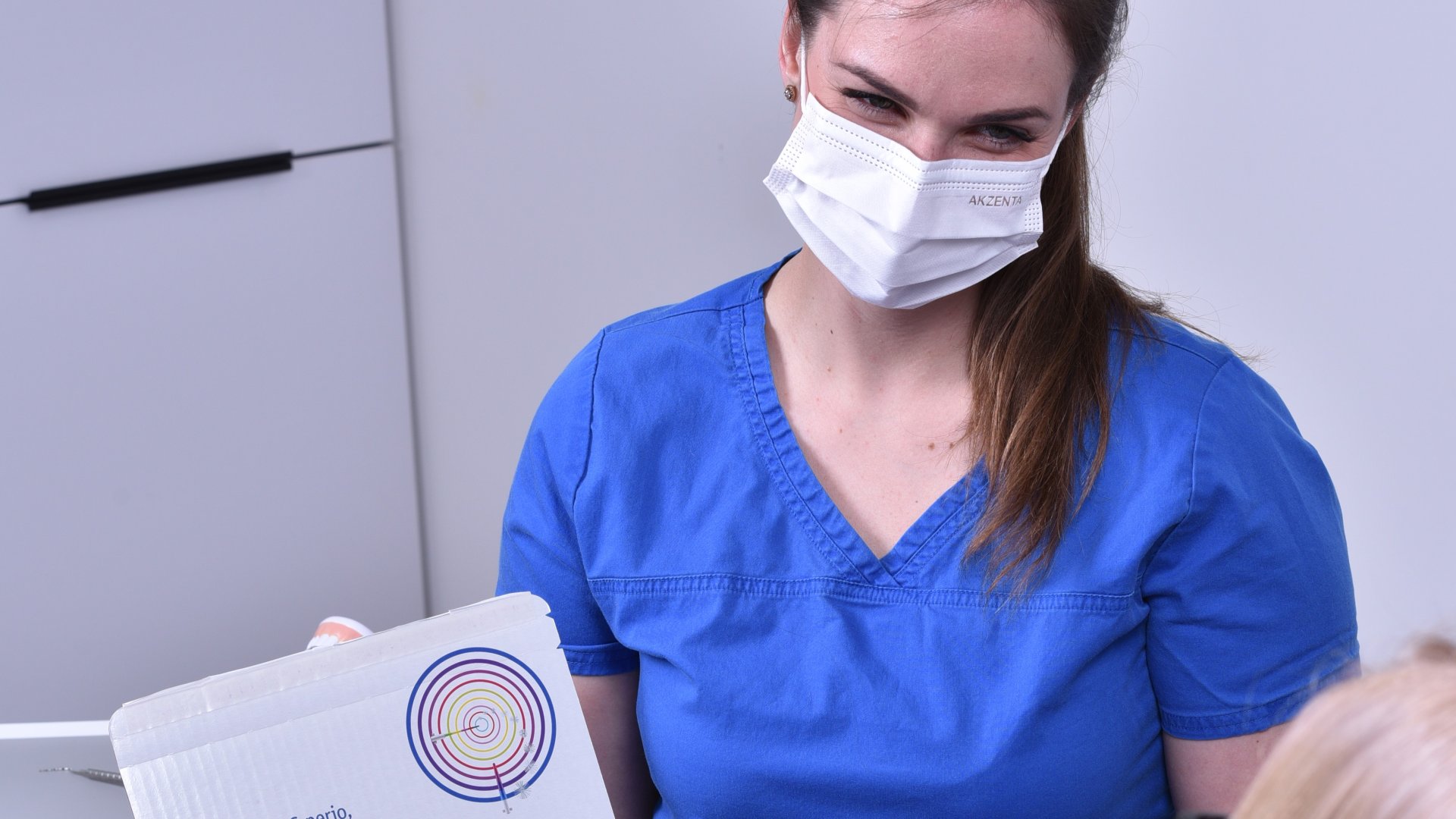Caries treatment
Treating tooth decay can sometimes be very time-consuming and often fails if the right tools are not used. But at PureDental Dentistry, we can help you treat tooth decay! Let's see how!

Caries treatment: how does it develop?
In most cases, tooth decay is the result of poor oral hygiene, as the build-up of plaque in the mouth begins to damage the structure of the tooth. Without removal of plaque, small cavities can form in the tooth enamel, which can make the teeth extremely sensitive. However, tooth decay can also develop from excessive sugar and carbohydrate consumption, as well as processed foods, which can significantly damage teeth from rapid pH changes in the mouth. The treatment of tooth decay can depend on the extent of the decay, which is influenced by the causes of the decay and how long the problem has been present. That's why in our practice, we start the treatment of tooth decay by first identifying what has caused it.
Treating tooth decay: When can tooth decay be reversed?
When can tooth decay be reversed? The tooth enamel can repair these lesions for a while, but in the long term it develops cavities that it can no longer repair on its own. As long as the damage to the tooth surface is small, treating tooth decay is much easier and reversible if you visit your dentist!
What are the symptoms of tooth decay?
The primary symptoms of tooth decay include cavities on the surface of the tooth, which can be smaller or larger depending on the individual. Caries often presents with tooth sensitivity, toothache, bad breath or discoloured tooth surfaces. If left untreated, caries can easily spread through tiny cavities to the inside of the tooth, where bacteria can easily enter and spread to cause cavities. The treatment of caries therefore depends on how advanced the patient's condition is.
Caries treatment at PureDental
Caries treatment can range from filling the cavity in the tooth (filling) to treating the root canal. For this reason, the exact type of treatment depends on the location and severity of the cavity. For a minor caries, a thorough dental hygiene treatment and filling of the cavity, as well as regular check-ups and plaque removal, is sufficient to keep the caries under control. If the caries is advanced, caries treatment may require either root canal treatment or, ultimately, tooth extraction.
Remember, regular dental check-ups are essential to keep your teeth healthy and prevent tooth decay!

